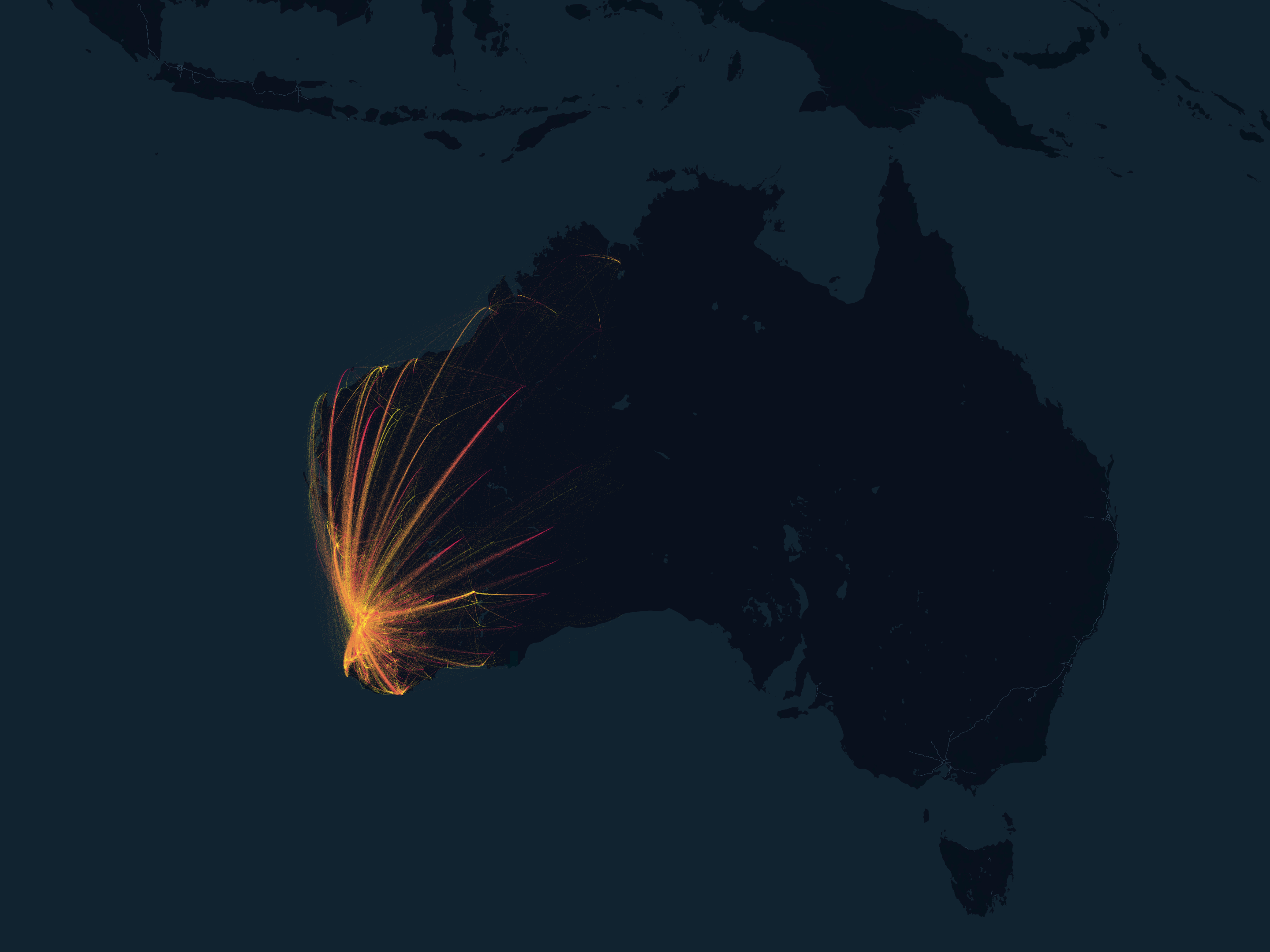Search

Modelling the COVID pandemic with the Geographical COVID-19 Model (GEO-COV)
Researchers have developed a new model for simulating covid-19 outbreaks in Western Australia.
Tracking global intervention coverage
Adam Dan Saddler Weiss PhD PhD Senior Research Officer Honorary Research Fellow Daniel.Weiss@thekids.org.au Senior Research Officer Honorary
